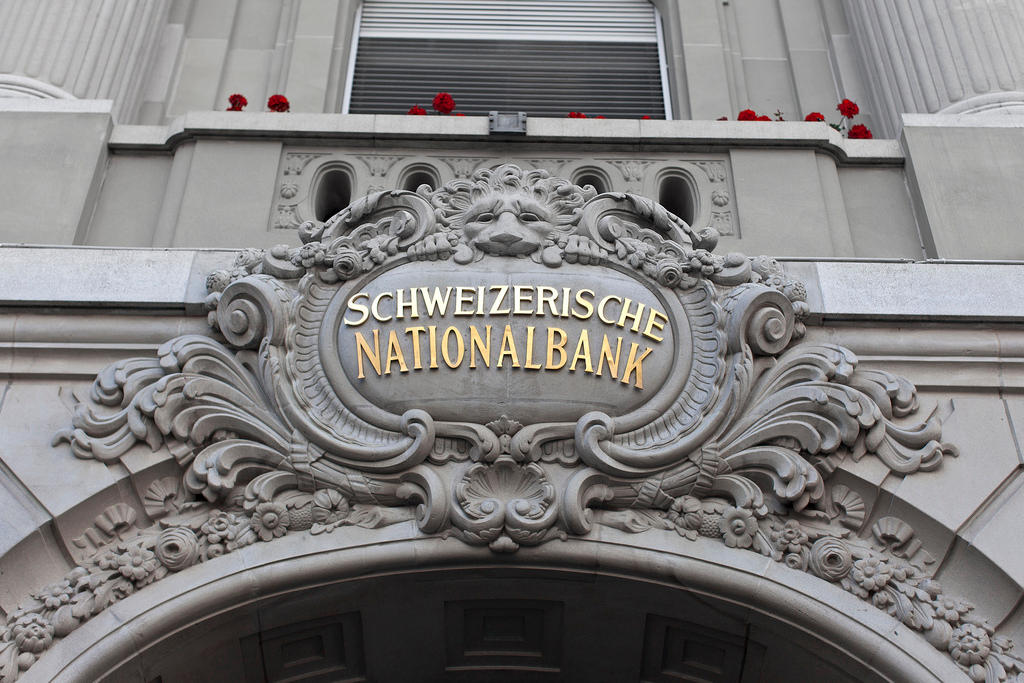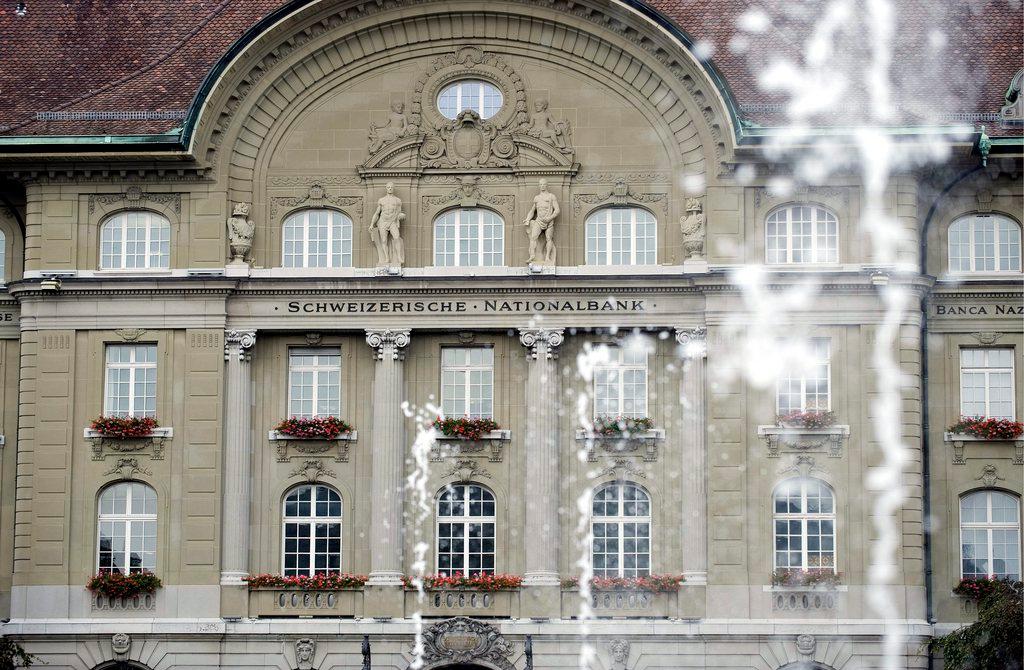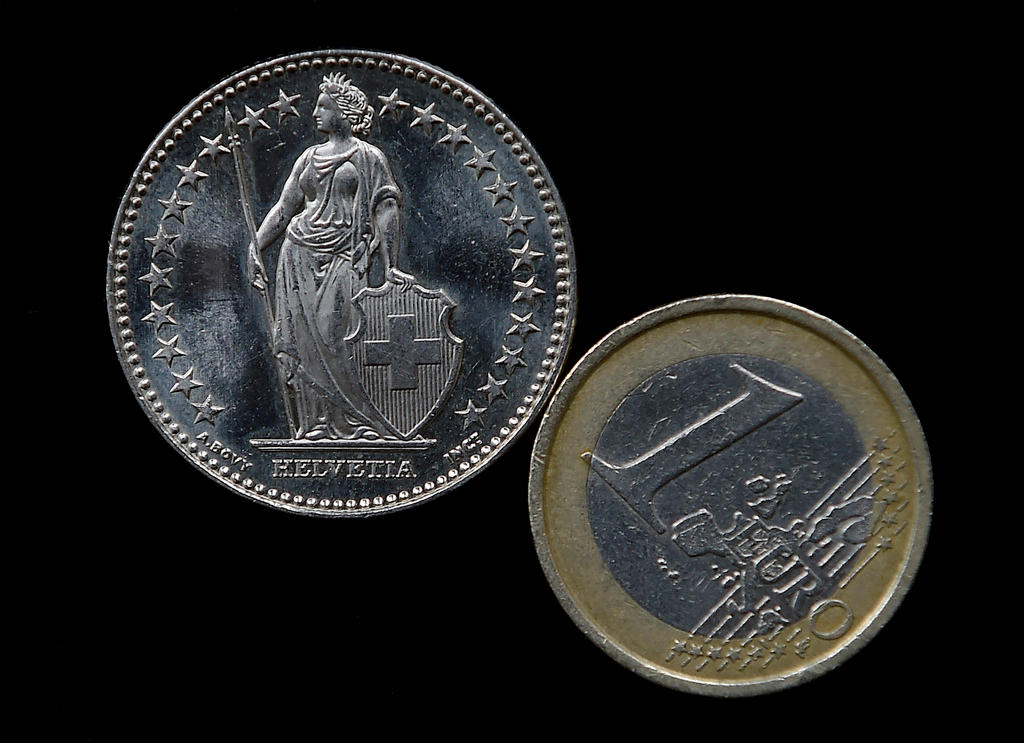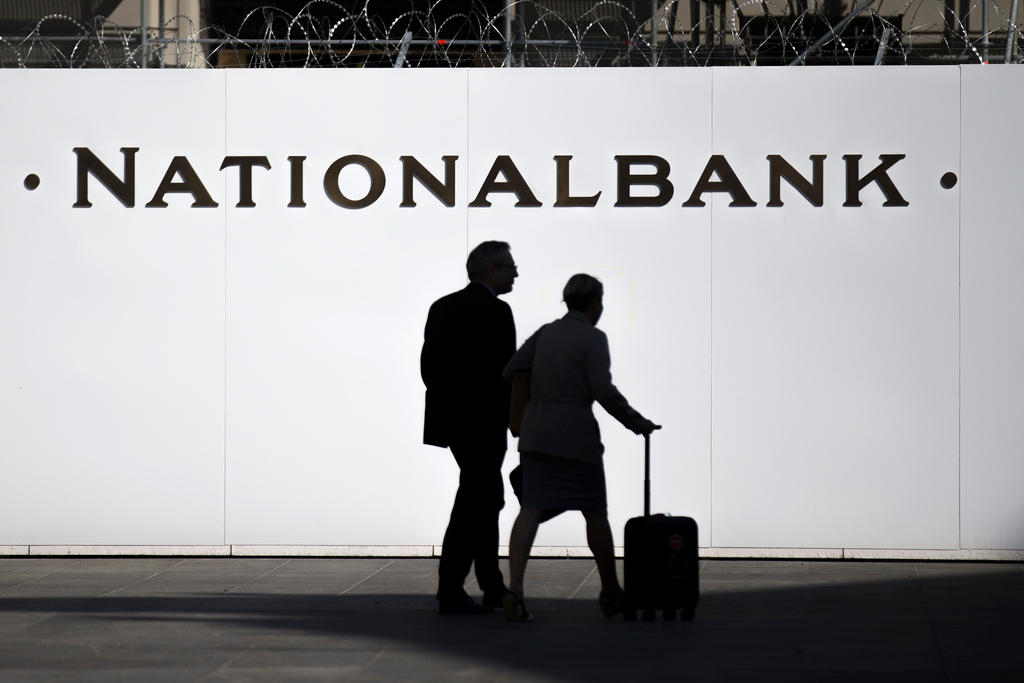The mysterious rise in the shares of the Swiss National Bank

Not just over-ambitious hikers in the Swiss Alps have suffered altitude sickness this month. Shareholders in Switzerland's ultra-conservative central bank have experienced a similar sensation.
The price of a share in Swiss National Bank in August rose above SFr3,000 ($3,143) for the first time – more than double the level of a year ago and 50 per cent higher than as recently as mid-July.
That it is possible to buy shares in a central bank might come as a surprise to the outside world. In fact, the Swiss National Bank was founded as a joint-stock company in 1907 and its shares trade on the Swiss stock exchange. Some 48 per cent of the shareholders, with 25 per cent of the voting rights, are private. The rest are owned by Swiss cantons, cantonal banks and other public sector organisations.

More
Financial Times
External linkThe SNB is not unique: other countries in which central banks have private shareholders include Japan, Greece and Belgium.
Harder to explain, however, is why the price of SNB shares has risen so steeply this summer. “Institutional investors do not invest in them, so there is no demand for analysis or coverage,” says Andreas Venditti, bank analyst at Vontobel in Zurich. “Since the impact of even small financial market moves on its financials is so huge, it would be difficult to do a reliable earnings estimate.”
What might seem the most obvious explanation – a likely sharp rise in SNB profits this year – is almost certainly wrong.
In its battle to prevent a stronger franc hitting the country’s exporters, the SNB has intervened heavily in currency markets, selling francs and swelling its foreign currency holdings to almost SFr700bn at the end of June, of which 20 per cent was invested in equities.
German investor
But lately the Swiss franc has weakened significantly against the euro, increasing the local value of its foreign currency holdings – and the potential profits it will report.
Shareholders, however, will not benefit from the extra money rolling into the SNB. Since 1921, dividends have been fixed by law at a maximum of SFr15 per share.
Instead, other theories are circulating in Switzerland for the recent share price spike. One is that German investor newsletter Actien Börse encouraged a buying spurt after likening the shares in July to ultra-rare “Blue Mauritius” 19th century postage stamps. Trading in the 100,000 SNB shares is thin, so even modest buying or selling leads to significant price swings.
The largest private shareholder is Theo Siegert, a German businessman whose directorships included seats on boards at Merck and Henkel. The SNB annual report shows he held a 6.7 per cent stake at the end of last year. But he has not spoken publicly about his trades – and this week said he would not break his reticence for the Financial Times.
Another theory is that investors are speculating they might be bought out. Central bank buybacks have happened before. In the early 2000s, the Basel-based Bank for International Settlements – which acts as a bank to central banks – bought out its private shareholders so it could focus on its public service functions, rather than the interests of financial investors.
Back then, private BIS shareholders received SFr25,000 per share – roughly three times the price they were trading at before the initial announcement.
Furious debate
The SNB’s public role is subject to furious debate in Switzerland – especially whether its massive foreign currency reserves should be used to create a sovereign wealth fund similar to Norway’s oil fund. But so far the idea of buying out private shareholders has not featured in the discussions.
There is a more straightforward explanation, however, for why SNB shares have become more attractive, leading to a higher price.
SNB shares should be regarded, not as equity stakes, but as an alternative to ultra-safe government bonds, says Alexander Koch, economist at Raiffeisen bank. Given central banks cannot go bankrupt – they control money creation – a share in the SNB is like a perpetual bond with a fixed coupon.
At a price of around SFr3,000 the yield is only about 0.5 per cent – but that still compares favourably with the yield on a 10-year Swiss government bond, currently about minus 0.15 per cent. “If you treat them as bond substitutes, then there is quite some premium,” says Mr Koch.
The share price’s jump in the past month or so makes sense when it is considered that since the financial crises of 2007-2008, there has been a significant risk of the SNB missing dividend payments. It happened in 2013 when the SNB scrapped a profit distribution after racking up big losses on its gold portfolio.
Mr Koch notes that biggest recent moves up in the SNB share price were in mid-July, when the Swiss franc started depreciating, and again in early August, after the SNB published data showing the value of its foreign currency reserves. “The risk of no payment has declined dramatically,” he says.
Copyright The Financial Times Limited 2017

In compliance with the JTI standards
More: SWI swissinfo.ch certified by the Journalism Trust Initiative




You can find an overview of ongoing debates with our journalists here. Please join us!
If you want to start a conversation about a topic raised in this article or want to report factual errors, email us at english@swissinfo.ch.